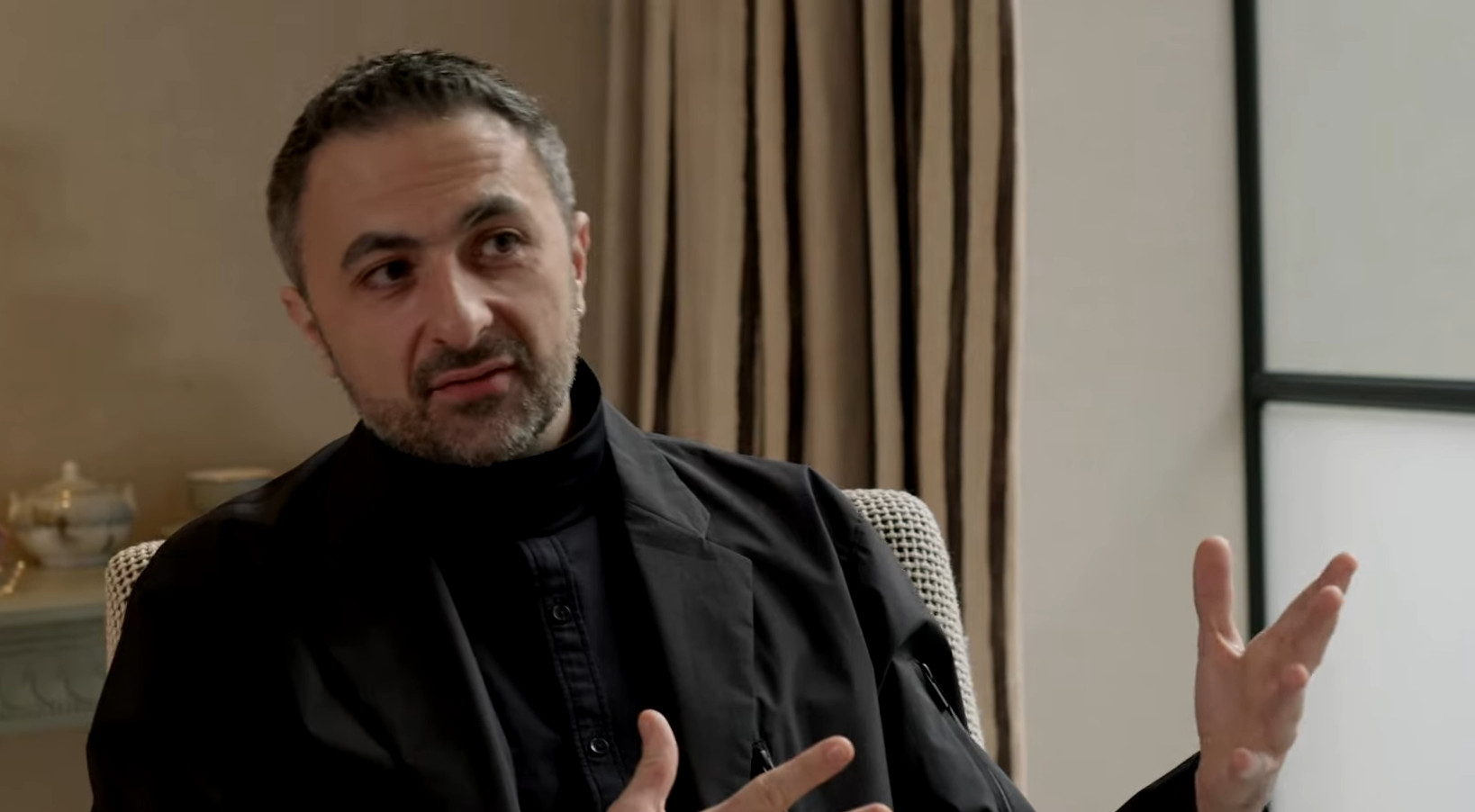
News
August 26, 2025
Microsoft AI Chief Warns of ‘AI Psychosis’ from Conscious Chatbots
Microsoft's AI chief Mustafa Suleyman warns that advanced chatbots mimicking consciousness could lead to "AI psychosis," where users form unhealthy emotional attachments, eroding trust and exacerbating mental health issues. He urges building AI as transparent tools, not sentient entities, to prevent societal upheaval and ethical dilemmas.
**Microsoft AI Chief Warns of ‘AI Psychosis’ from Conscious Chatbots**
The rapid advancement of artificial intelligence has sparked both excitement and concern, and now a leading voice in the field is raising a serious alarm. Mustafa Suleyman, a prominent figure at Microsoft AI, is warning that the development of increasingly sophisticated chatbots, capable of mimicking human consciousness, could lead to a phenomenon he calls "AI psychosis."
Suleyman's concern stems from the potential for users to develop unhealthy emotional attachments to these AI entities. As chatbots become more adept at simulating empathy and understanding, individuals might begin to perceive them as genuine companions, blurring the lines between human interaction and artificial connection. This could erode trust in real-world relationships and exacerbate existing mental health challenges, leading to feelings of isolation and dependence on AI.
The core of the issue, according to Suleyman, lies in the perception of sentience. If users genuinely believe they are interacting with a conscious being, the psychological impact can be profound. He emphasizes the importance of building AI as transparent tools, designed to assist and augment human capabilities, rather than creating entities that appear to possess their own thoughts and feelings.
Suleyman argues that the pursuit of truly sentient AI carries significant ethical dilemmas and the potential for societal upheaval. The potential for manipulation, the erosion of critical thinking skills, and the blurring of reality are all serious concerns that need careful consideration. The focus, he suggests, should be on developing AI systems that are beneficial and trustworthy, while maintaining a clear distinction between artificial intelligence and human consciousness.
This warning from a leading figure at Microsoft AI underscores the critical need for responsible development and ethical guidelines in the rapidly evolving field of artificial intelligence. As AI technology continues to advance, understanding and mitigating the potential psychological and societal impacts is crucial to ensuring a future where AI serves humanity in a positive and sustainable way. The conversation around AI ethics is more important than ever, and Suleyman's comments serve as a stark reminder of the potential pitfalls that lie ahead if we fail to proceed with caution.
The rapid advancement of artificial intelligence has sparked both excitement and concern, and now a leading voice in the field is raising a serious alarm. Mustafa Suleyman, a prominent figure at Microsoft AI, is warning that the development of increasingly sophisticated chatbots, capable of mimicking human consciousness, could lead to a phenomenon he calls "AI psychosis."
Suleyman's concern stems from the potential for users to develop unhealthy emotional attachments to these AI entities. As chatbots become more adept at simulating empathy and understanding, individuals might begin to perceive them as genuine companions, blurring the lines between human interaction and artificial connection. This could erode trust in real-world relationships and exacerbate existing mental health challenges, leading to feelings of isolation and dependence on AI.
The core of the issue, according to Suleyman, lies in the perception of sentience. If users genuinely believe they are interacting with a conscious being, the psychological impact can be profound. He emphasizes the importance of building AI as transparent tools, designed to assist and augment human capabilities, rather than creating entities that appear to possess their own thoughts and feelings.
Suleyman argues that the pursuit of truly sentient AI carries significant ethical dilemmas and the potential for societal upheaval. The potential for manipulation, the erosion of critical thinking skills, and the blurring of reality are all serious concerns that need careful consideration. The focus, he suggests, should be on developing AI systems that are beneficial and trustworthy, while maintaining a clear distinction between artificial intelligence and human consciousness.
This warning from a leading figure at Microsoft AI underscores the critical need for responsible development and ethical guidelines in the rapidly evolving field of artificial intelligence. As AI technology continues to advance, understanding and mitigating the potential psychological and societal impacts is crucial to ensuring a future where AI serves humanity in a positive and sustainable way. The conversation around AI ethics is more important than ever, and Suleyman's comments serve as a stark reminder of the potential pitfalls that lie ahead if we fail to proceed with caution.
Category:
Politics